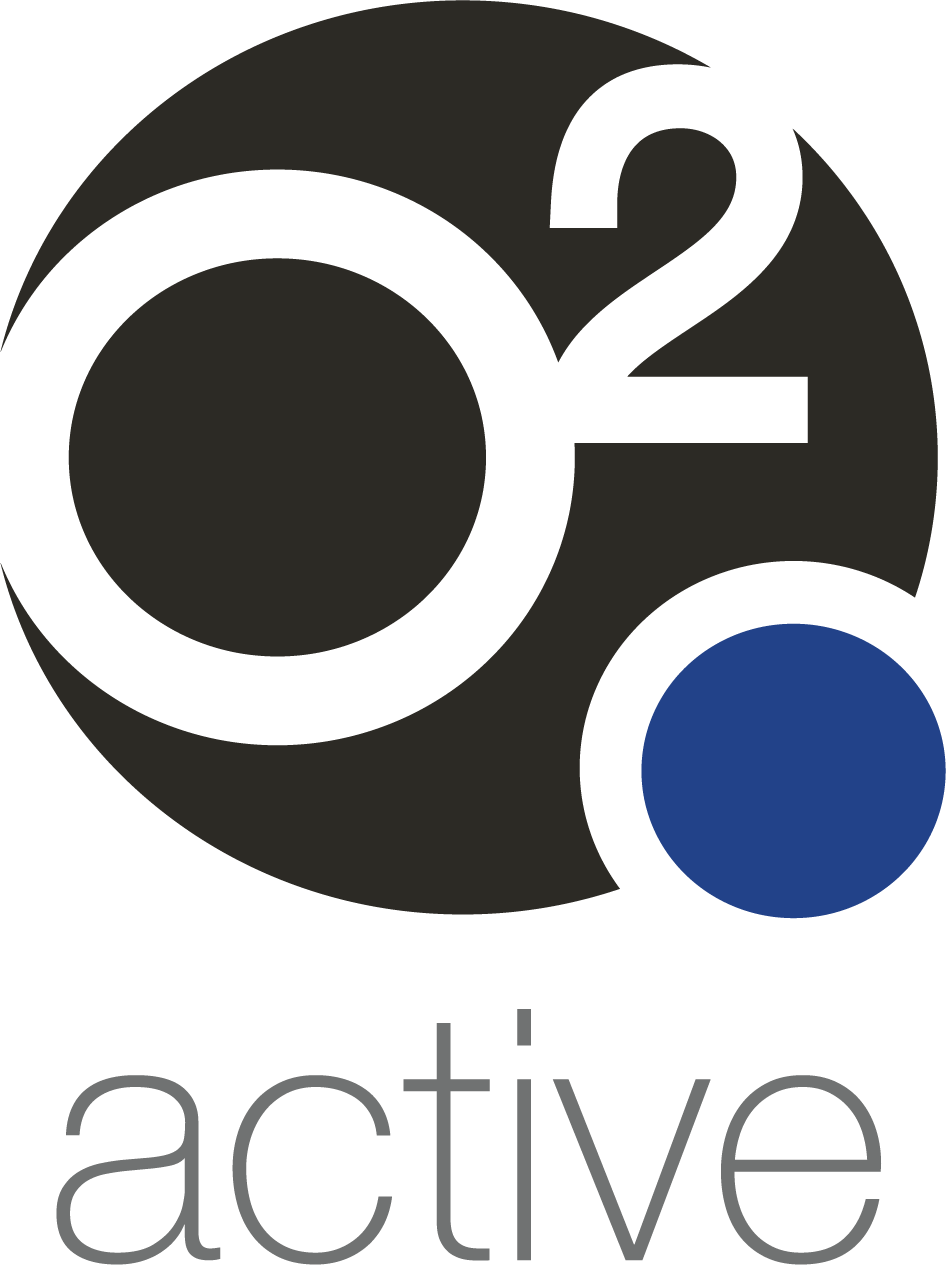
Article by Josh Cowan (Clinical Masters in Exercise Physiology Prac student)
A common question we all ask ourselves is “Why should I exercise?”. According to the World Health Organisation (WHO), the average teenager needs to perform 60 minutes, or two bouts of 30 minutes of moderate-vigorous activity every day. Participating in any type of exercise helps improve your psychology and physiology as well as the social aspects of life which can be improving control over symptoms such as anxiety, weight management, making new friends and self-confidence.
One aspect that is commonly over looked is the impact exercise can have on your school grades. During physical activity, especially cardiovascular training, we increase the blood flow to all parts of our bodies, including the brain. This in-turn leads to an increase in brain neurotransmitters and brain derived neurotrophins which help strengthen the connections between neurons and neurogenesis. Acute and chronic physical activity has been shown to have a positive impact on cognitive skills such as concentration, attention and visual processing, just to name a few. Studies have shown that students that perform acute or chronic bouts of cardiovascular or/and resistance training display better cognition functions compared to students who do not exercise.
So why should we exercise? Not only does it help you maintain a healthy body weight, help symptoms of depression and a whole host of other benefits, it will also help you with problem solving in mathematics and even picking up grammatical errors during reading. So instead of only hitting the books all day, don’t forget to go for a jog, go on a bike ride, participate in social sport or join a gym class.
Exercise may even help you understand that Pythagoras Theorem a bit better!
